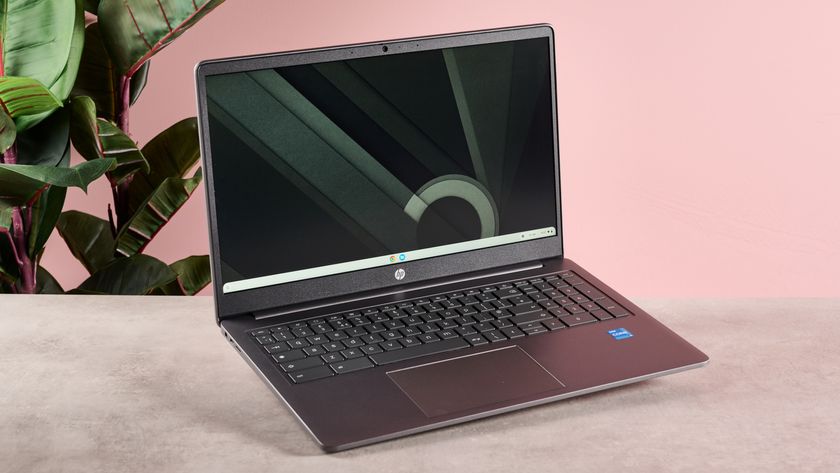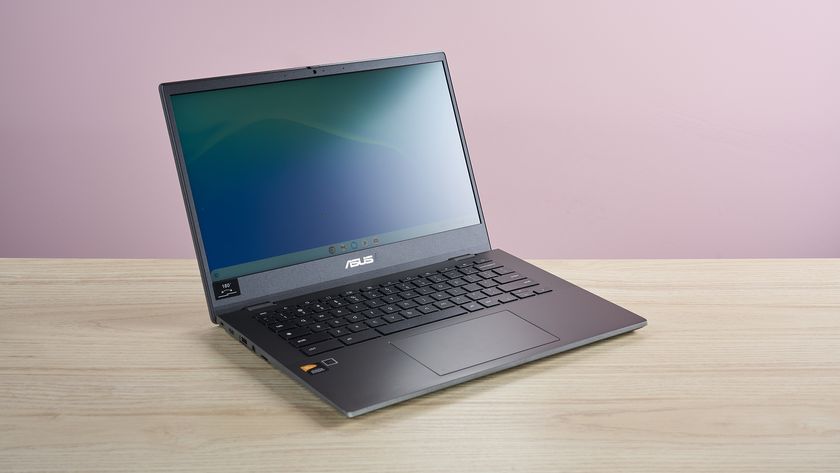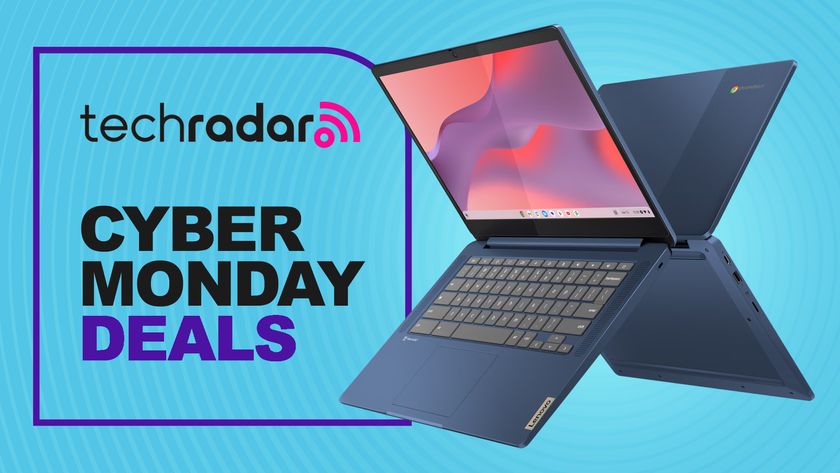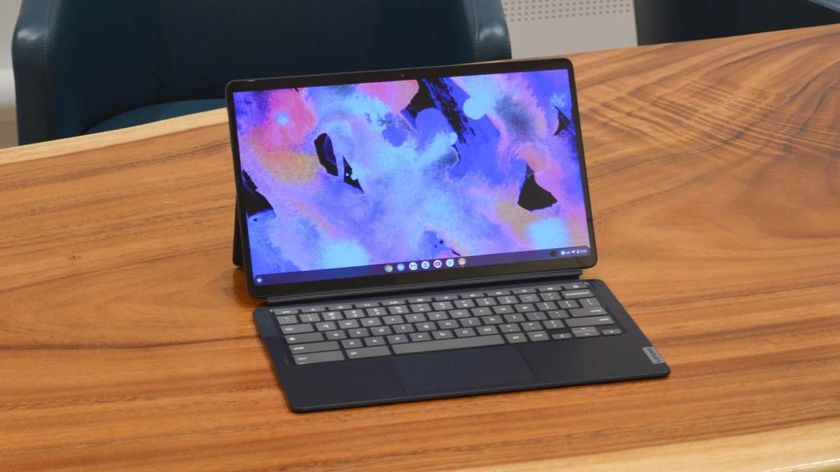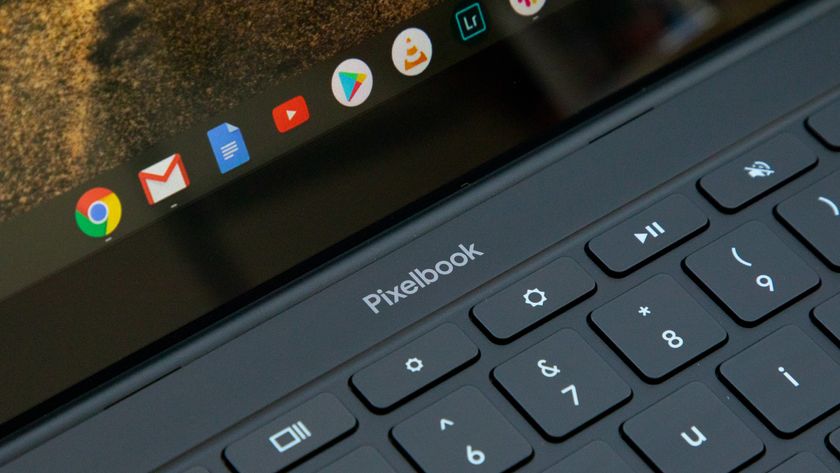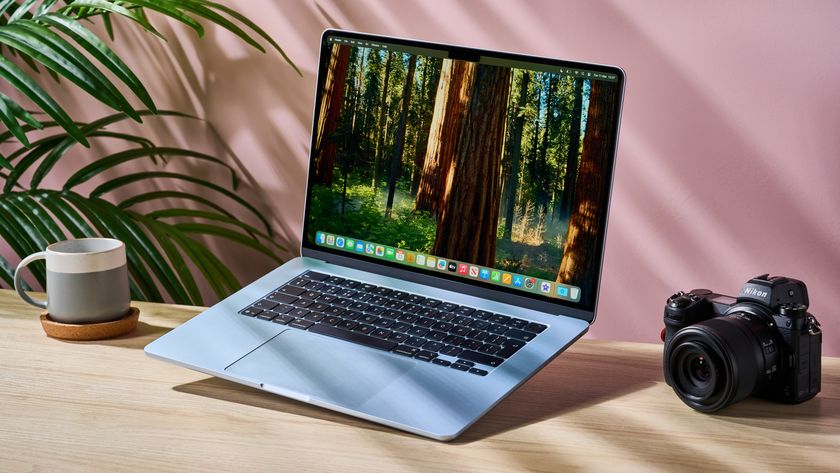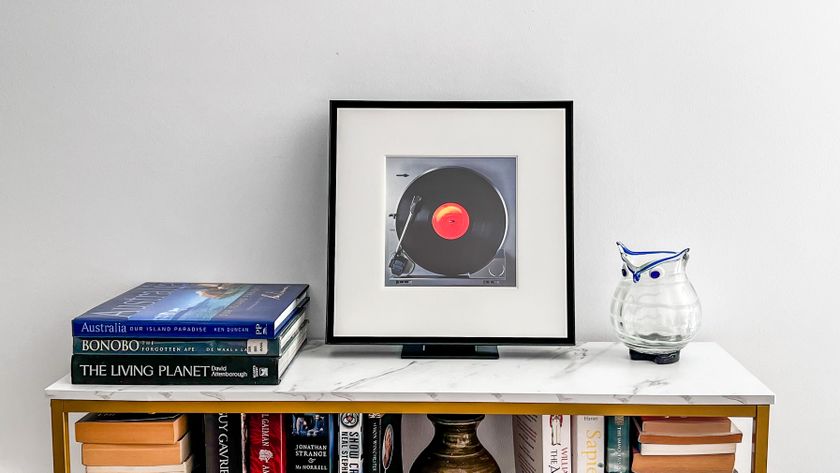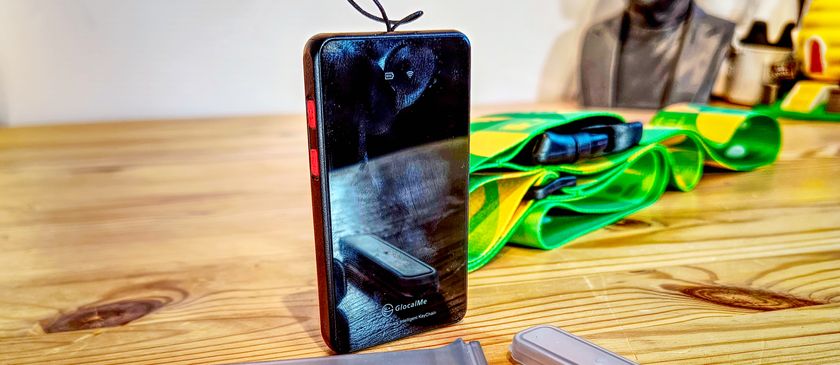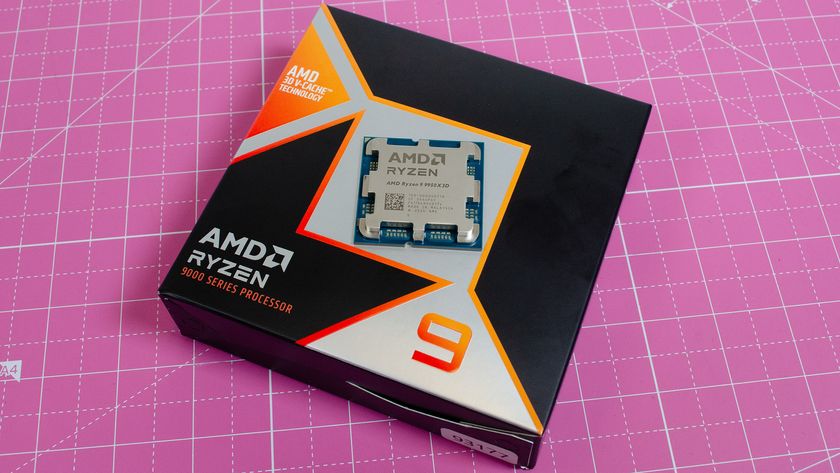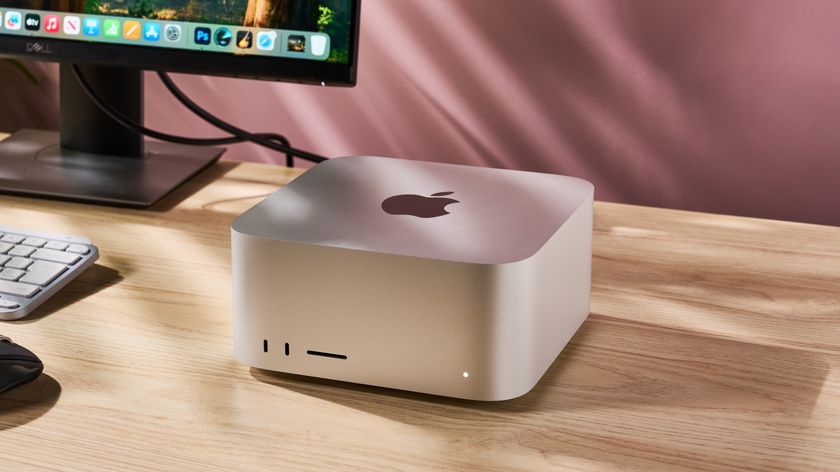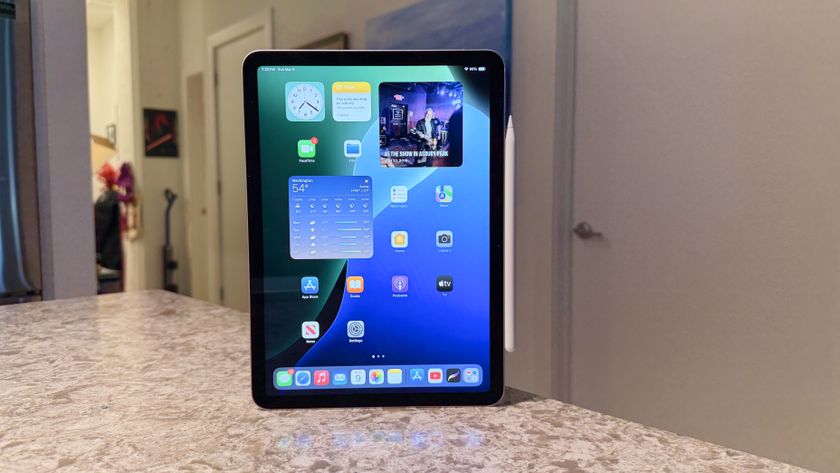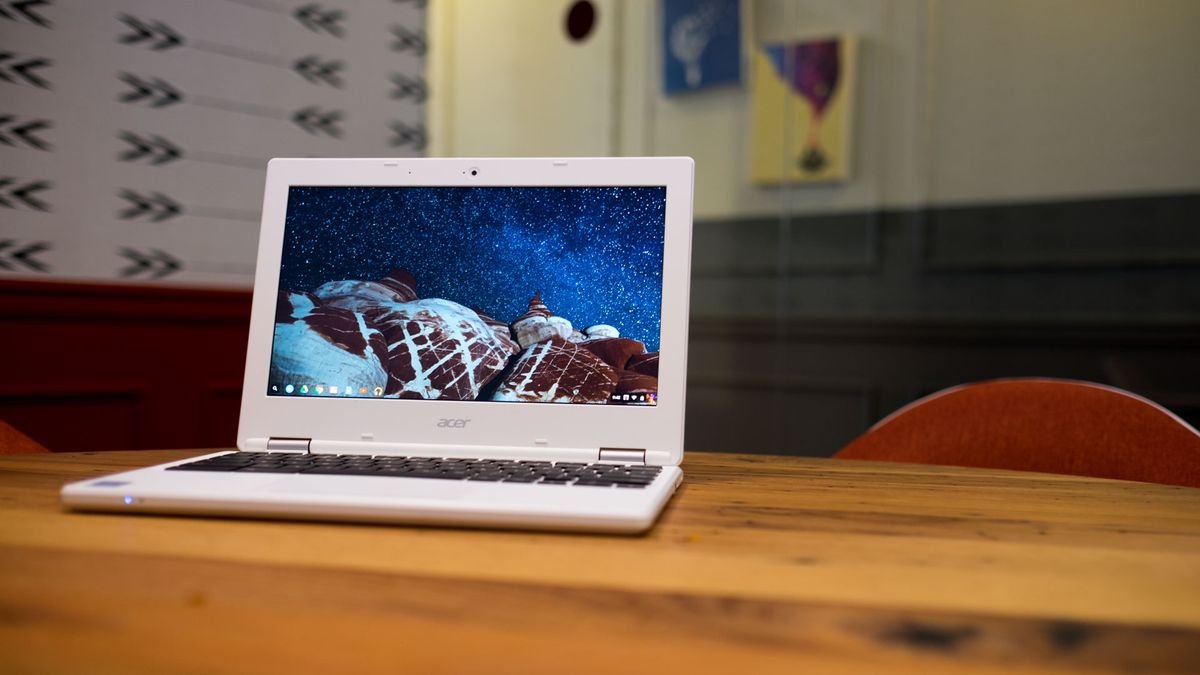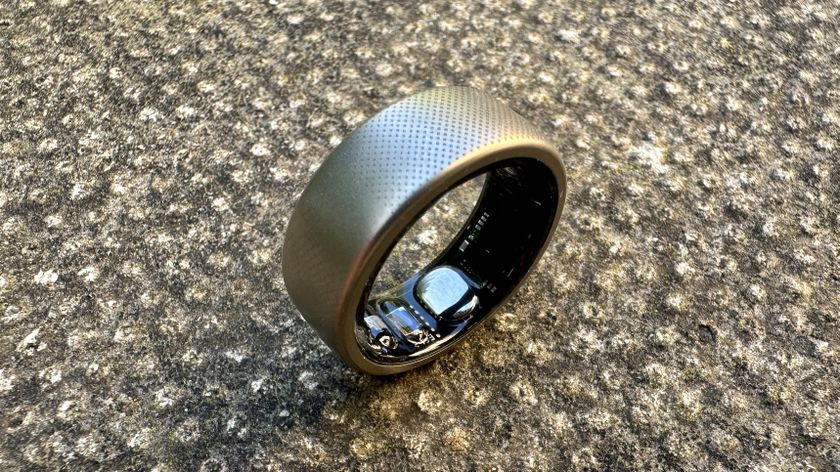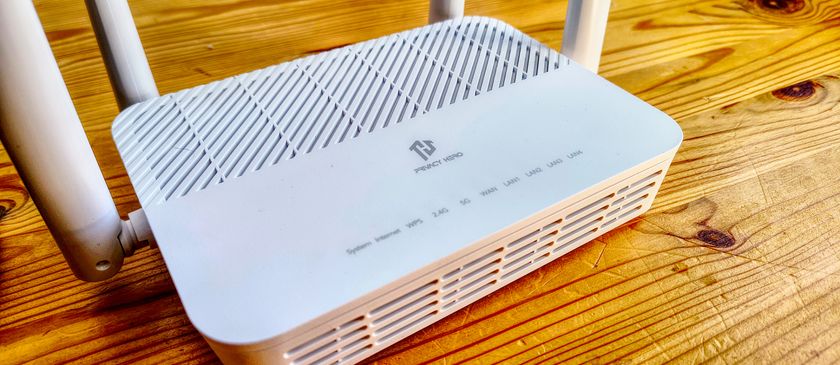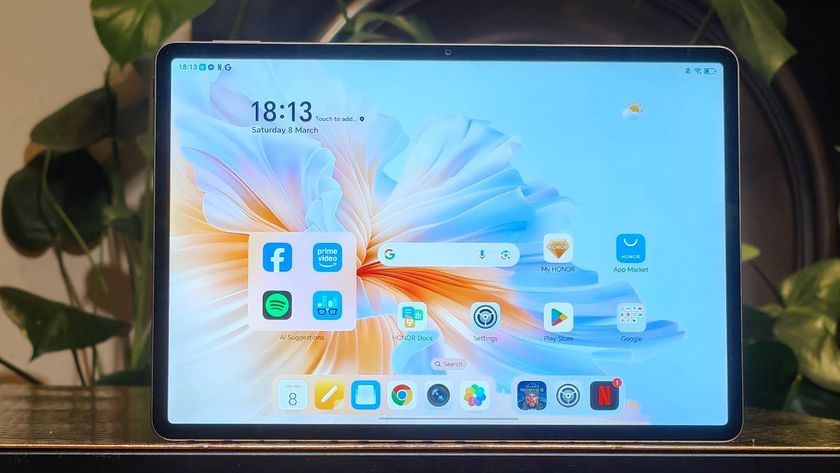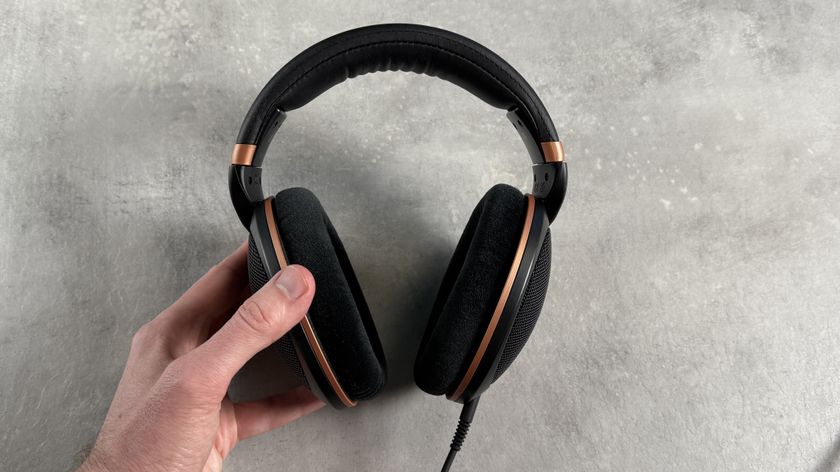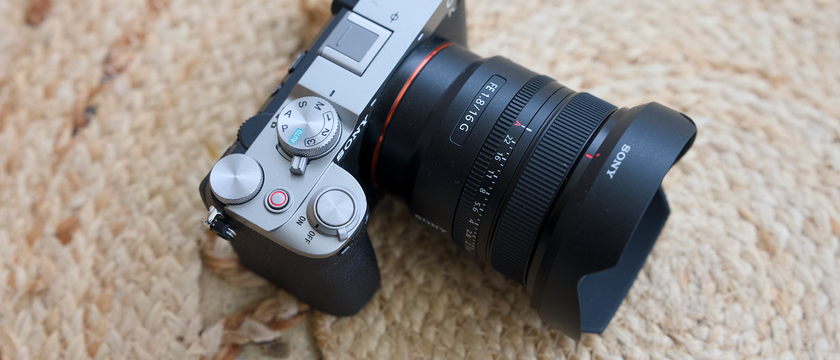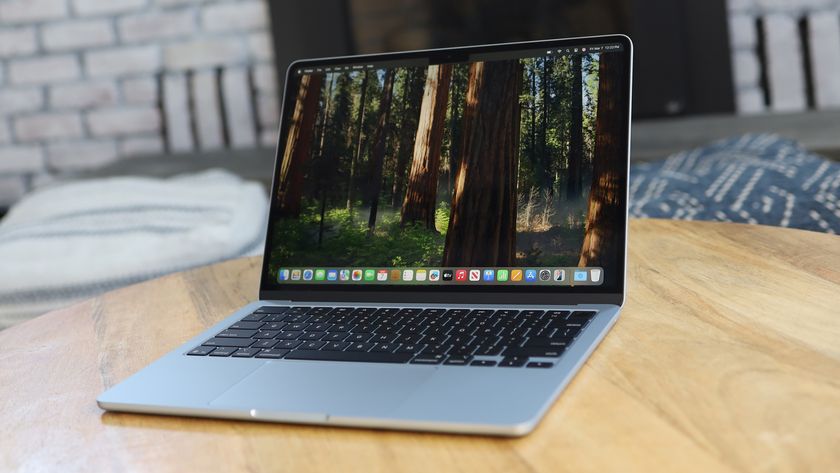Why you can trust TechRadar
Measuring, just over 11.5 inches wide, 9 inches deep, and 0.73 inches thick, this Chromebook might not be the smallest or slimmest available (the Asus Chromebook Flip measures 10.6 x 7.2 x 0.60 inches), but it slips easily into a messenger bag or backpack.
It is also notably smaller than the Dell Chromebook 11, which is 11.69 x 8.57 x 0.83 inches. Despite having almost identical specifications to the Acer, the Dell is chunkier due to its rugged design built for the wear-and-tear of educational environments.
The Acer Chromebook 11 weighs 2.4 pounds (1.1 kg), which is about on par for small Chromebooks. Although the 1.96 pound (890g) Asus Chromebook Flip is lighter, the Acer beats the Dell Chromebook 11's 2.91-pound (1.32kg) military-spec bulk. That said, the Acer is remarkably easy to carry in one hand, and you can practically forget about it when tucked into a backpack.

Spec Sheet
Here is the Acer Chromebook 11 configuration sent to techradar:
- CPU: 2.16GHz Intel Celeron N2840 (dual-core, 1MB cache, up to 2.58GHz with turboboost)
- Graphics: Intel HD Graphics
- RAM: 2GB DDR3L SDRAM
- Screen: 11.6-inch, 1,366 x 768 HD IPS LED
- Storage: 16GB SSD
- Ports: 1 x USB 3.0 ports, 1 x USB 2.0, HDMI, SD card reader, headphone jack
- Connectivity: Intel 802.11ac; Bluetooth 4.0
- Camera: 720p webcam
- Weight: 2.4 pounds (1.1 kg)
- Size: 11.57 x 9.33 x 0.73 inches (W x D x H)
Acer's 11-inch Chromebook has many of the same specifications as the Dell Chromebook 11, except the latter has a military-grade reinforced design to better survive classroom use, which is reflected in its $249 (£170, AU$320) price tag. That makes the Acer a more reasonable purchase at $179 (£199, AU$329) if you intend to be in less punishing environments.
At the same time, the Asus Chromebook Flip is lighter, and its touchscreen can be folded back to turn it into a Chrome OS tablet. However, at $249 (about £160, AU$337) for the base model, you'll have to decide whether those features are worth the extra eighty dollars.
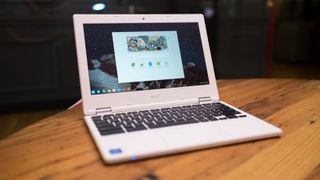
Performance
Being a Chromebook, all apps and activities run on the Chrome browser, which makes switching tasks as simple as clicking between browser tabs. Although the Chromebook 11 readily handles everyday tasks, performance can take a dip if you have too many demanding sites loaded simultaneously (i.e. heavy JavaScript, streaming video, etc).
Having multiple YouTube tabs open can have an especially noticeable impact, leading to delays in minimizing and maximizing videos.
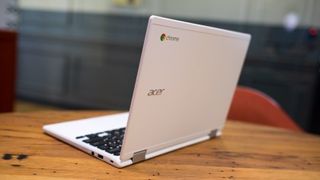
Benchmarks
Here's how the Acer Chromebook 11 performed in our suite of benchmark tests:
- Octane: 8,694
- Mozilla Kraken: 3,800ms
- Battery life (techradar movie test): 10 hours
The Acer Chromebook 11's Intel Celeron processor delivers plenty of performance compared to competing systems. It performed better across both the Octane and Mozilla Kraken JavaScript benchmarks than the Asus Chromebook Flip. The Asus scored 6,795 with Octane (a 1,899 point difference), and 5,447ms with Kraken, making it noticeably slower than the Acer.
Most of the heavy lifting is done in the cloud, so you'll have a smooth experience so long as you have a strong internet connection. The Chromebook did very well with recognizing my voice for Google searches and swiftly loaded up web pages and images. If you're looking for an extra feature that somehow makes the Acer stand out against other Chromebooks (such as tablet conversion or military-grade toughness), then you'll be disappointed.
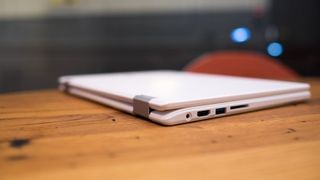
All-Day Battery
While Acer Cloudbook 11's battery is rated for about 9 hours, I managed to get 10 hours with the video test and the screen set at 50 percent brightness. Competitors like the Dell Chromebook 11 and the Asus Chromebook Flip both have between 8-9 hours of everyday use.
The Chromebook 11 packs plenty of power to last through a day's worth of watching YouTube videos, listening to streaming music, writing email, and checking documents in Google Docs. And when you do need to plug it in, the laptop charges up very quickly, so I could get going with the Chromebook without missing a beat.
